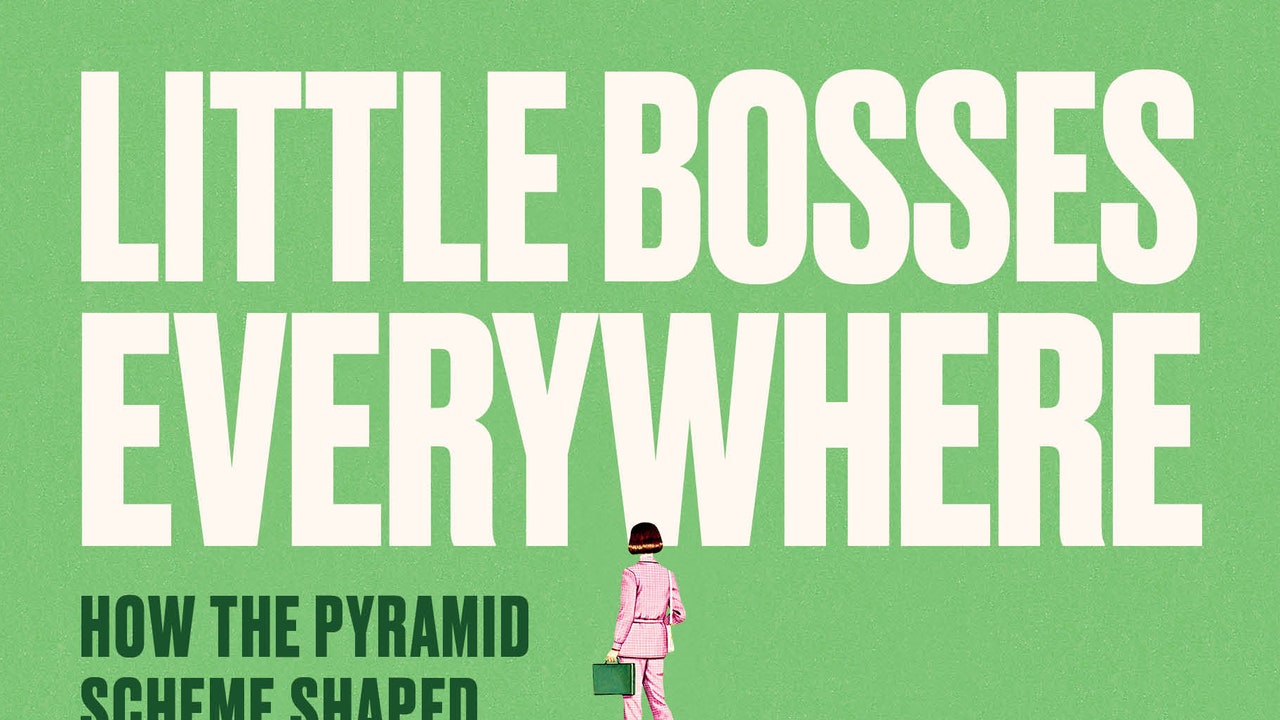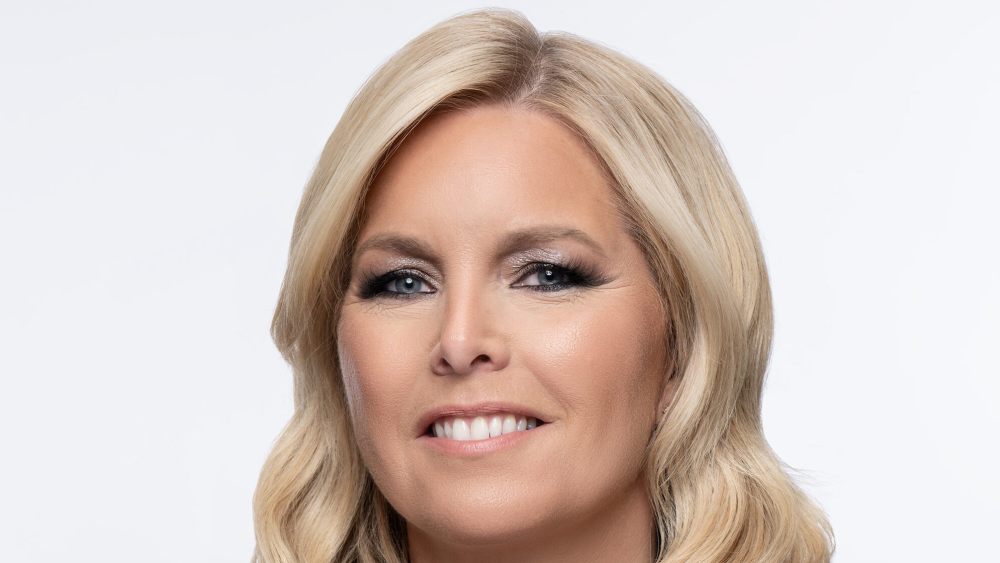
How did you prepare to connect emotionally with the interview subjects in the book, some of whom lost everything?
One thing I wanted to get into was the granularity of what it actually takes to get into multi-level marketing, which is why I talked to a lot of people who have lost a lot of money in MLMs. I spent significant time with a few people, getting incredibly deep on the exact mechanics of what it’s like to work in one of these companies, because I really wanted people to understand that it’s not as easy as going to some county fair and getting sold magic beans by some quack and losing all your money. When MLMs recruit you nowadays, they have very sophisticated podcasts and books and brochures that are very persuasive. There’s a myth that MLMs go after people who are followers or people who don’t ask questions, but they actually have real methods of making sure their answers to your questions don’t give you pause, right? For every question of, Why am I losing so much money?, it’s, Oh, you have to invest to get a return.
I wanted the book to be humanizing, because I think any American can relate to the idea that there’s so much about how we live that feels unfair. It’s like, I’m paying rent, I’m working a job, I’m paying into my 401K, but am I ever going to be able to take care of this medical debt or student debt or retire? This is a feeling a lot of people can relate to that’s not just unique to MLMs. There are so many ways that MLMs nowadays look just like other businesses that have been normalized by celebrities and on social media, so it’s even harder not to get sucked in. I approached it just being open to learning about the process. MLMs are so underreported-about that people really just appreciated talking about their experience.
Do you think “MLM brain” is going to get worse as the economy craters?
Historically, MLMs came out of the tail end of the Depression, right before the postwar era ended—so in that transition when people were coming out of a really hard time and looking toward all these really positive ideas about American abundance and prosperity and wealth. That pattern continued on through the economic crises of the 1970s and of periods in the ’90s, and then certainly during the financial crisis of the Great Recession. There are all these different affiliate-marketing and coaching systems now where people are just sharing the opportunity, but there’s not a real market—they’re just roping other people in, right? I mean, when the president of the United States is promoting his own meme coin, that kind of tells us something.
#Bridget #Reads #Book #Bosses #ClearEyed #View #MLM #Scam #Culture #Victims





